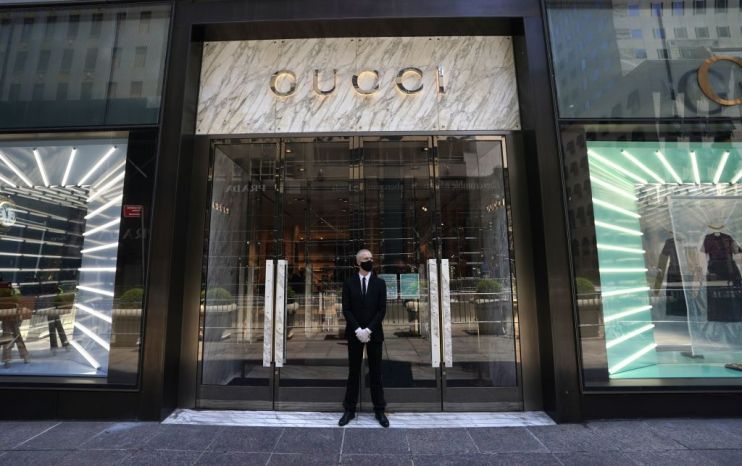Hunt should listen to business leaders on the costly tourist tax

Can a relatively small change to VAT laws really cost the country as much as West End retailers suggest?
To the many of us who don’t choose our next weekend break on the back of a tax-break on our next Gucci handbag, the idea seems ludicrous. But there is a reason so many retailers and tourism chiefs are saying the same thing: it really does matter.
The removal of VAT-free shopping for foreigners ‘saves’ the Treasury £2bn – a not insignificant amount, but trifling in the grand scheme of the nation’s budget. But that £2bn, and the cockamamie way we develop tax policy, makes reversing the decision almost impossible: Treasury mandarins consistently state that should that £2bn disappear, it would mean “money we would need to find elsewhere to help fund.”
The offence to grammar rules aside, what this effectively means is that once an effective tax hike is on the books, getting rid of it means raising taxes elsewhere. That is how the tax ratchet works: once the government has its hands on your cash, foreigner or otherwise, there is precious little chance of it being handed back.
Apart from eternal vigilance on new taxes, what should we take away from the tourist tax debacle?
The good news is that it can be used as Exhibit A in every study of counter-productive tax hikes, not only nipping away at GPD but producing a lower level of revenue overall for the Treasury as fashion-loving, price-conscious tourists head for Paris or Milan.
The bad news is that current Treasury policy making has little time for evidence-based u-turns, nor indeed anything more substantive than tinkering round the edges.
More than a decade ago, the Conservative party came to power promising amongst other things to make the tax code less complicated. It has done the opposite. Only real reform of the whole code, from top to bottom, will deliver the change required now.
We shan’t hold our breath.
